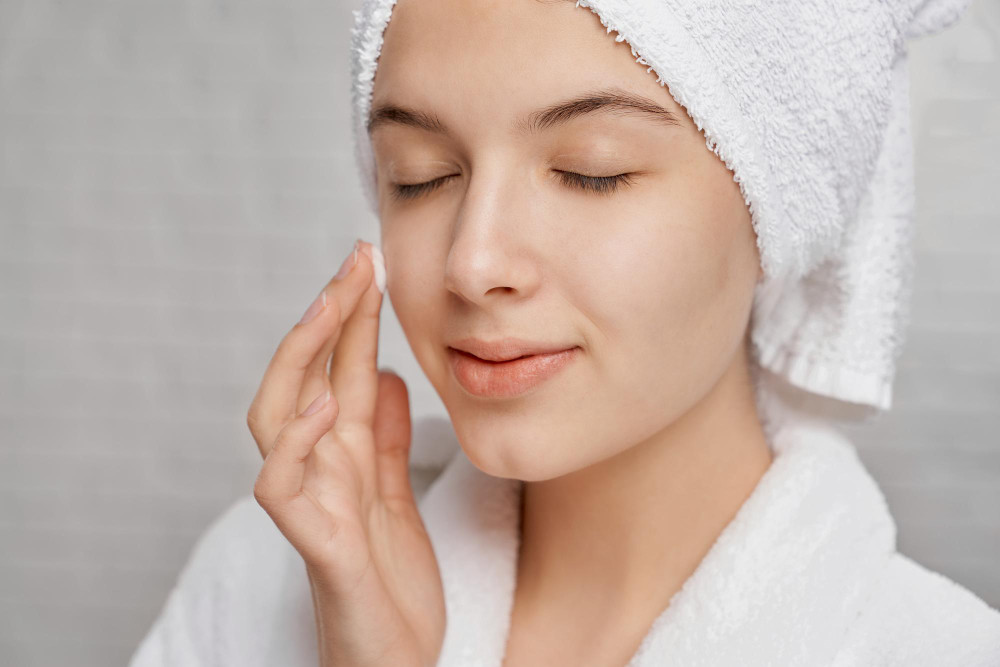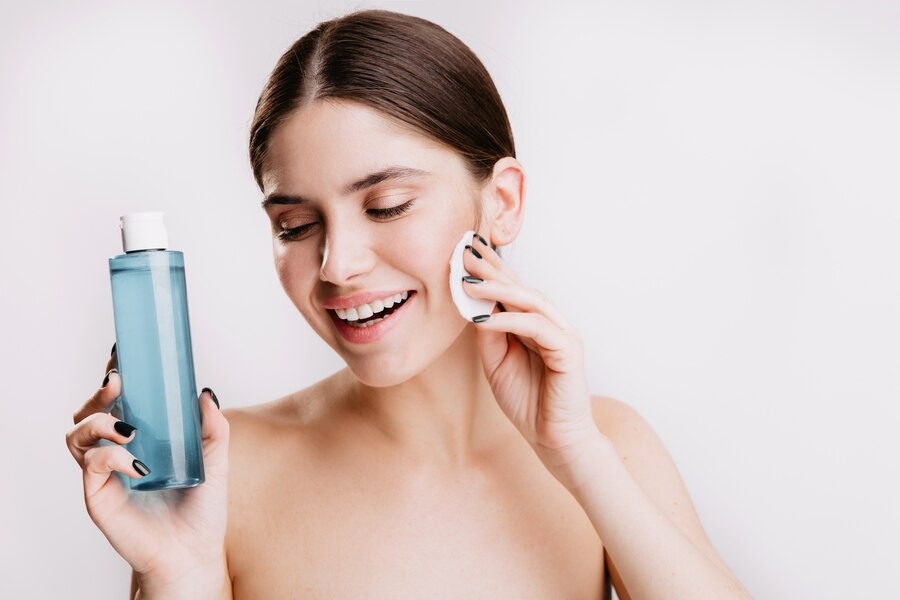Regularly cleansing your face is essential, especially if you apply makeup and sunscreen on a daily basis. Excessive cleansing of the face can lead to unintentional over-cleansing, so it is advisable to avoid cleaning your face too frequently. What are the signs of excessive facial cleansing? The following article has more information about it.
Over-Cleansing: What Does It mean?
Over-cleansing or excessive facial cleansing can result from various factors, such as frequent face washing or the use of very harsh facial cleansing products that cause damage to the skin.
Damage to the skin barrier, leading to dull, acne-prone skin, can also result from using overly foamy products that destroy the vital layers of face skin.
Over-cleansing frequently occurs accidentally, but there are various indications that you may be over-cleansing that you should be mindful of. Indicators of excessive facial washing may include:
- Pimples that resemble small red bumps around the nose, lips, and eyes
- Itchy skin
- Redness
- Peeled skin
- skin feels tight and dry
- Eczema
- Exposure to skincare products can cause skin to hurt and burn
Excessive washing might result in damage to the skin barrier, leading to sensations of burning, tightness, or peeling. Over-cleansing your face can disrupt the normal production of oil and the pH balance of your skin, leading to dryness and irritation. Over-cleaned skin is more likely to develop inflammation.
Also read: Cleaning Your Face With Cleansing Oil, Is It Really More Effective?
What Are The Best Ways To Prevent Over-Cleansing?
Washing your face too frequently could cause facial skin inflammation or irritation. Excessive face cleaning may contribute to acne inflammation.
Here are a few tips to avoid over-cleansing:
Avoid washing your face more than twice a day
According to Healthline, it is not advisable to cleanse your face more than twice a day, especially if you have dry skin. In order to remove accumulated oil and dead skin cells, experts advise cleansing your face twice a day—once in the morning and once in the evening. You can wash your face as needed if you engage in activities that cause you to sweat, such as exercising.
Also read: Facial Cleanser Alternative That Is Safe For The Skin
Use a gentle cleanser on your face
Choose a facial wash that works well with your skin type. Oil, gel, milk, or micellar water are your options for cleansing. Choose a face cleanser that contains moisturizer for your skin type.
For acne-prone skin, use salicylic acid cleanser, and for dry and oily skin, use ceramide or niacinamide facial wash. Use moisturizing toner and moisturizer after washing your face to restore moisture.
Minimize the frequency of exfoliation
Avoid excessive exfoliation. You can exfoliate your face 2-3 times a week using a toner, serum, or mask. Exfoliating enough keeps the skin clean and promotes cell regeneration to develop healthier skin cells.
Excessive cleansing can result from frequent face washing or the use of facial cleansing solutions that are excessively abrasive for the skin. If you notice a sensation of tightness and dryness in your facial skin after washing it, you may experience over-cleansing. If you have concerns about your beauty and face, our health consultation services offer the opportunity to consult with our doctors using the Ai Care application.
Want to know tips and tricks for health, first aid, and other home treatments? Check here, yes!
Sharkey, L. (2019). How Often Should You Actually Wash Your Face?. Available from: https://www.healthline.com/health/beauty-skin-care/how-often-should-you-wash-your-face
Yuen. C. (2023). A Guide to Taking Care of Your Skin. Available from: https://www.healthline.com/health/beauty-skin-care/skin-types-care
Krietsch, B. (2024). Wait—Am I Over-Cleansing My Skin? Dermatologists Weigh In. Available from: https://www.byrdie.com/overcleansing-skin-8419025
Palmer, A. (2022). How Often You Should Wash Your Face if You Have Acne. Available from: https://www.verywellhealth.com/how-often-should-i-wash-my-face-15734











